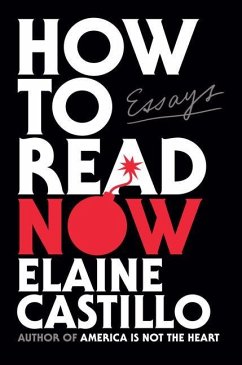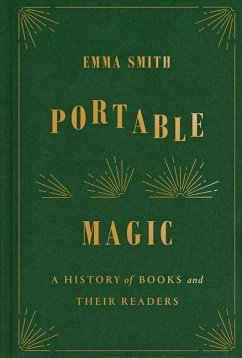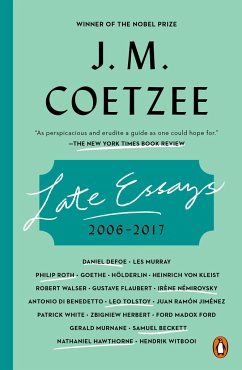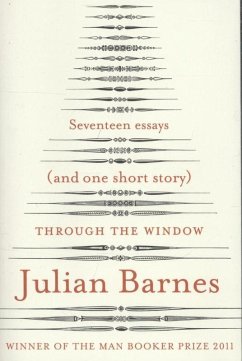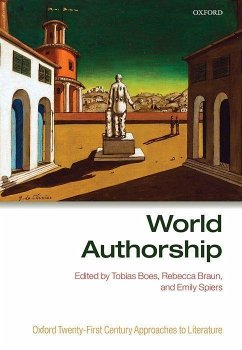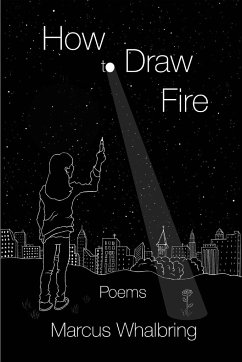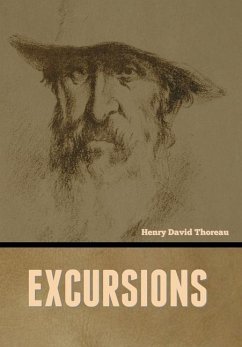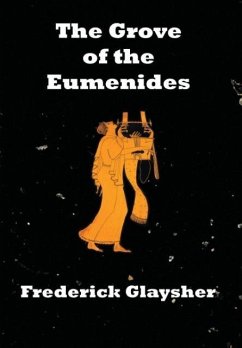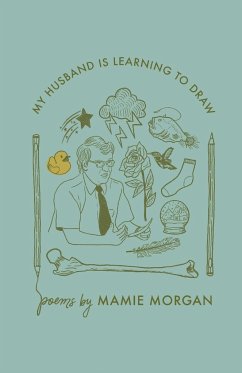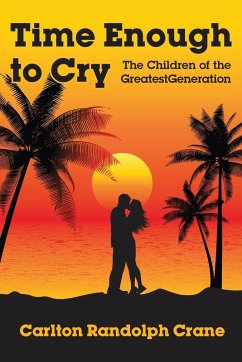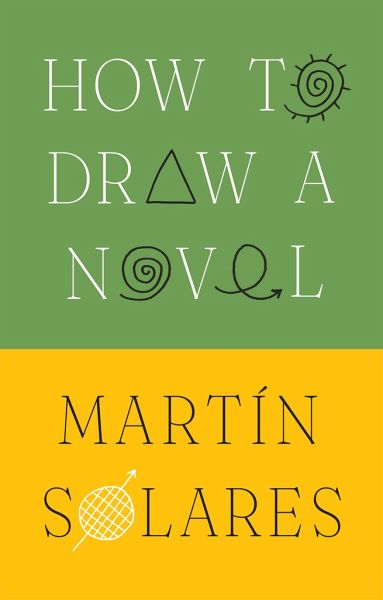
How to Draw a Novel

PAYBACK Punkte
8 °P sammeln!
"A playful, highly visual exploration of novelistic structure and how novels are created, How to Draw a Novel is a meditation on literary craft that muses on how and why novels communicate with readers. In this witty and finely wrought collection of essays, Martâin Solares opens the hood of how fiction operates, exploring the conventions of form, the novel as a house that one must build brick by brick, and the objects and characters that build out the world of the novel in unique and complex ways. Solares uses his own line drawings to portray the ebb and flow of the novel, with Moby Dick spir...
"A playful, highly visual exploration of novelistic structure and how novels are created, How to Draw a Novel is a meditation on literary craft that muses on how and why novels communicate with readers. In this witty and finely wrought collection of essays, Martâin Solares opens the hood of how fiction operates, exploring the conventions of form, the novel as a house that one must build brick by brick, and the objects and characters that build out the world of the novel in unique and complex ways. Solares uses his own line drawings to portray the ebb and flow of the novel, with Moby Dick spiraling across the page while Dracula takes the form of an erratic heartbeat. Solares breaks out of the Anglo-American-dominated canon of many craft books, ranging across Latin and South America as well. He considers how writers invent (or discover) their characters, the importance of place (or not) in the novel, and the myriad shapes the novel may take. This is a writer's book, and an important contribution to the study of craft and fiction"--




